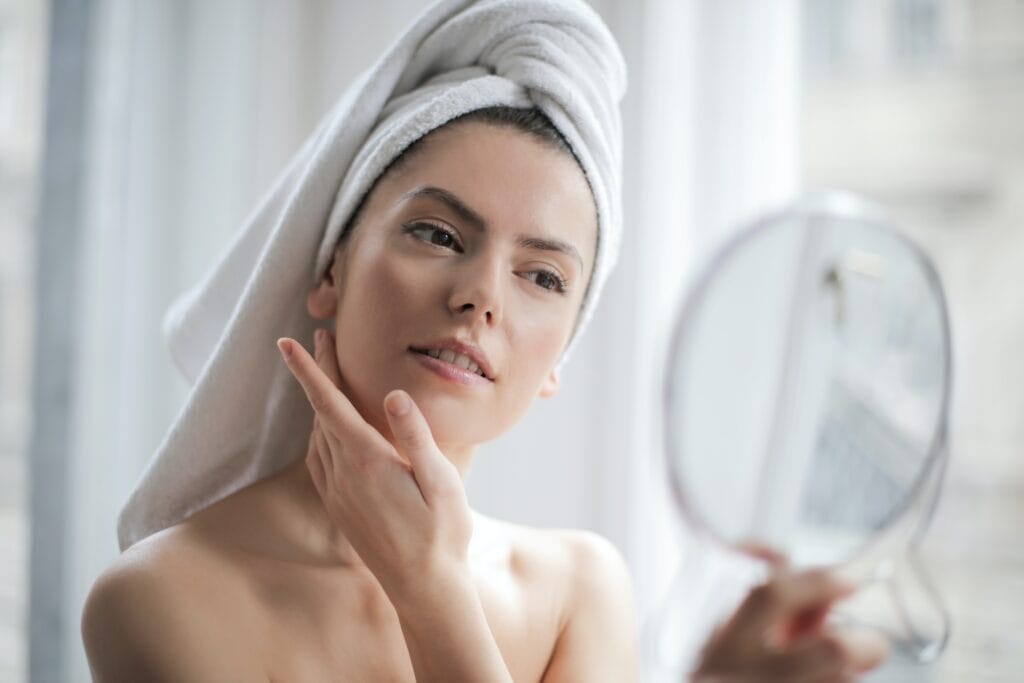
When it comes to overall well-being, few things are as crucial as maintaining healthy skin. As the body’s largest organ, our skin serves as a protective barrier and reflects our inner health. Proper care and attention to dermatology and skin health can result in a glowing complexion, enhanced self-confidence, and a reduced risk of skin-related issues. In this comprehensive guide, we will delve into the world of dermatology, exploring the secrets to achieving and maintaining radiant skin.
Understanding Dermatology
Dermatology is a medical specialty that focuses on the diagnosis, treatment, and prevention of conditions affecting the skin, hair, and nails. Dermatologists are trained professionals who possess the expertise to address a wide range of concerns, from acne and eczema to skin cancer and aging-related issues. They play a vital role in helping individuals achieve optimal skin health.
Nurturing Healthy Skin Habits

2.1 Cleansing and Moisturizing: The foundation of good skincare starts with a proper cleansing and moisturizing routine. Regularly washing away dirt, pollutants, and makeup helps prevent clogged pores and promotes a healthy complexion. Additionally, moisturizing replenishes lost moisture and strengthens the skin’s natural barrier.
2.2 Sun Protection: Shielding the skin from harmful ultraviolet (UV) radiation is essential for preventing premature aging, sunburns, and even skin cancer. The daily use of broad-spectrum sunscreen, protective clothing, and seeking shade during peak sun hours are vital practices for maintaining skin health.
2.3 Balanced Diet: What we consume has a profound impact on our skin. A diet rich in antioxidants, vitamins, minerals, and healthy fats nourishes the skin from within. Incorporating fruits, vegetables, whole grains, lean proteins, and staying hydrated promotes a radiant complexion.
2.4 Lifestyle Factors: Adequate sleep, stress management, regular exercise, and avoiding smoking and excessive alcohol consumption are crucial lifestyle factors that contribute to skin health. Quality sleep promotes skin rejuvenation, stress reduction helps prevent breakouts, and exercise promotes circulation, imparting a healthy glow.
Common Skin Conditions and Treatments
3.1 Acne: One of the most prevalent skin conditions, acne affects individuals of all ages. Dermatologists can recommend tailored treatments such as topical creams, oral medications, or advanced procedures like chemical peels and laser therapy to manage acne effectively.
3.2 Eczema: Characterized by dry, itchy, and inflamed skin, eczema is a chronic condition that requires gentle care and regular moisturization. Dermatologists may prescribe corticosteroid creams, moisturizers, and recommend lifestyle modifications to alleviate symptoms.
3.3 Skin Cancer: Early detection and treatment of skin cancer can significantly improve outcomes. Dermatologists are skilled in identifying suspicious moles or growths and may perform biopsies or surgical excisions to remove cancerous cells. Regular skin checks are essential for prevention and early intervention.
3.4 Aging Skin: As we age, our skin undergoes various changes, including the development of fine lines, wrinkles, and loss of elasticity. Dermatologists can suggest anti-aging treatments like retinoids, injectables (e.g., Botox), chemical peels, or laser resurfacing to rejuvenate the skin and restore a youthful appearance.
By understanding the importance of dermatology and embracing healthy skin habits, you can achieve and maintain skin health. Consulting a dermatologist for personalized care and following a consistent skincare routine can help you unveil the secrets to radiant skin. Remember, healthy skin is not just about aesthetics but also a reflection of your overall well-being.





